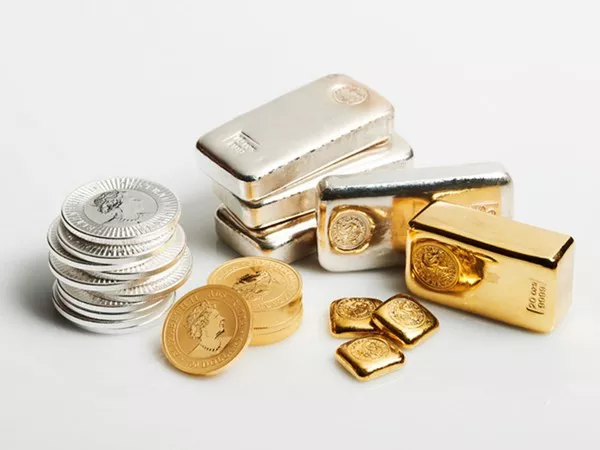Investing in bullion has long been considered a stable and lucrative option for individuals seeking to safeguard their wealth and diversify their portfolios. Bullion, which refers to precious metals like gold, silver, platinum, and palladium, holds intrinsic value and acts as a hedge against economic uncertainties and inflation. In this comprehensive guide, we will delve into the essential aspects of investing in bullion, providing valuable insights and tips for beginners and experienced investors alike.
Understanding Bullion
Bullion, in its simplest form, refers to precious metals that are refined and certified for their purity and weight. The most common types of bullion include gold bars, gold coins, silver bars, silver coins, platinum bars, and palladium bars. These metals are valued based on their precious metal content rather than any numismatic or collector value.
Reasons to Invest in Bullion
Diversification and Hedging
One of the primary reasons for investing in bullion is diversification. Precious metals, especially gold and silver, tend to move inversely to traditional financial assets like stocks and bonds. When the stock market experiences volatility or economic uncertainty prevails, bullion often acts as a hedge, protecting portfolios from significant losses.
Preserving Wealth
Throughout history, precious metals have retained their value. Unlike fiat currencies, which can be subject to inflation and devaluation, bullion serves as a store of value, preserving wealth across generations.
Safe-Haven Investment
During times of economic turmoil, investors often flock to safe-haven assets like gold and silver. These metals have a proven track record of maintaining their worth during geopolitical crises, making them a reliable safe-haven option.
Types of Bullion to Invest In
Gold Bullion
Gold has been a favorite investment choice for centuries. Investors can choose from gold bars or gold coins issued by various governments and mints. Popular gold coins include the American Gold Eagle, Canadian Maple Leaf, and South African Krugerrand.
Silver Bullion
Silver is another precious metal that appeals to both investors and collectors. Similar to gold, silver can be purchased in the form of bars or coins. Popular silver coins include the American Silver Eagle and Canadian Silver Maple Leaf.
Platinum and Palladium Bullion
Platinum and palladium, though less commonly invested in than gold and silver, also hold significant value. Investors can buy platinum and palladium bars or coins to diversify their portfolios further.
Factors Affecting Bullion Prices
Supply and Demand
The fundamental principle of supply and demand plays a crucial role in determining bullion prices. If the demand for bullion exceeds its supply, prices tend to rise, and vice versa.
Economic Indicators
Economic indicators such as GDP growth, inflation rates, and interest rates can influence bullion prices. Economic uncertainty often leads investors to seek refuge in precious metals, driving prices higher.
Geopolitical Factors
Political tensions, wars, and geopolitical instability can significantly impact the prices of precious metals. Investors closely monitor global events to gauge their potential effects on bullion prices.
How to Invest in Bullion
Physical Bullion
Investors can purchase physical bullion from reputable dealers or government-authorized entities. It is essential to verify the authenticity and purity of the bullion before making a purchase.
Bullion ETFs and Mutual Funds
For those seeking exposure to bullion without holding physical assets, investing in Exchange-Traded Funds (ETFs) or mutual funds that track the performance of precious metals can be an option.
Bullion Stocks
Investors can also invest in mining companies and producers of precious metals. These stocks offer exposure to the bullion market and the potential for capital appreciation.
Storing Bullion
Safe storage of bullion is crucial to protect your investment. Options include home safes, bank safety deposit boxes, or specialized bullion storage facilities.
Conclusion
Investing in bullion is a prudent strategy for diversifying investment portfolios and preserving wealth. With its inherent value, bullion provides stability during economic uncertainty and serves as a reliable hedge against inflation. By understanding the various types of bullion, factors affecting prices, and different investment methods, investors can make informed decisions to leverage the benefits of precious metals in their investment journey. As with any investment, due diligence and careful consideration are essential to ensure a successful and rewarding bullion investment experience.


